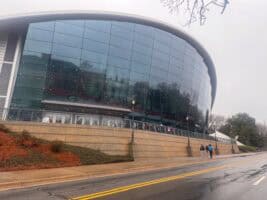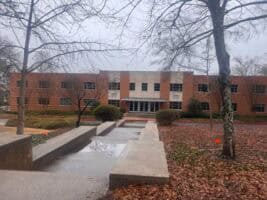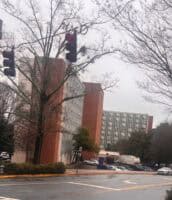The Good, The Bad and The Ugly of the University of Georgia
School profile by CIT Consultant, Anne Weber
 When consulting with families, we encourage them to dig deeper than the glitzy videos on the homepage of a college’s website. Recognizing there is no utopia, it’s important to know going into a four-year experience the good, the bad, and the ugly that awaits at any school.
When consulting with families, we encourage them to dig deeper than the glitzy videos on the homepage of a college’s website. Recognizing there is no utopia, it’s important to know going into a four-year experience the good, the bad, and the ugly that awaits at any school.
The Good:
The University of Georgia finds home in the progressive-leaning college town of Athens, GA (yep, if you grew up listening to R.E.M. and the B52s, you’ve heard of Athens.)
It’s also home to the famed UGA Bulldogs and their undeniably cute mascot, Uga, and the dozens of UGA’s SEC teams that compete at the highest level. Athletics facilities are wonderful and game-day celebrations are second to none.
UGA’s most popular majors fall within the Terry Business School, a well-funded program in the center of campus. All undergraduates first apply as “intended” to the business program, and if the criteria are met, including required SAT/ACT scores, they can be admitted as early as their second year.
The Morehead Honors College is consistently recognized as one of the best in the country. It is extremely selective but grants the top ~10% of the class access to the “best of” opportunities, including internships, registration, smaller classes, and advising.
The Bad:
The University of Georgia is a massive campus. There is a running “joke” that getting anywhere and back means walking uphill both ways. Once you visit campus, you immediately see it’s hilly–not just one hill, but many. There is a bus system to help students, but the campus is not bike-friendly.
Many students have cars on campus, but parking is very difficult, and on game days, students are required to move their cars from lots. 
The Ugly:
Georgia has very clearly invested in its athletics complexes but has done very little to renovate its dorms and academic buildings. Of the hundreds of buildings on campus, the Business School, The Tate Center (student union), and the dining halls have been modernized, but the vast majority pale in comparison.
First-year students are required to live on campus, but because housing is so dismal, most upper-class students migrate to off-campus houses that bleed off the perimeter of campus. Off-campus housing is competitive, so students are advised to start early and plan for parking contingencies.


